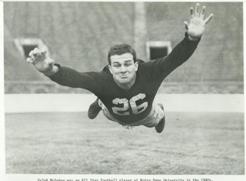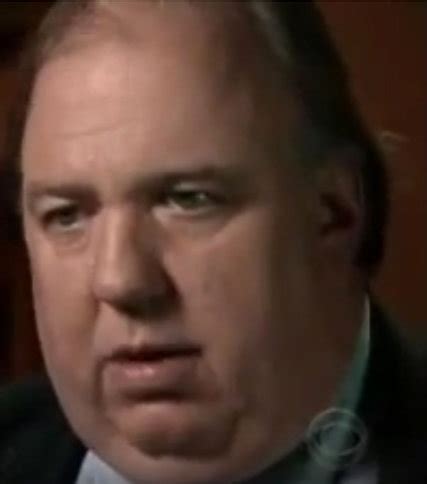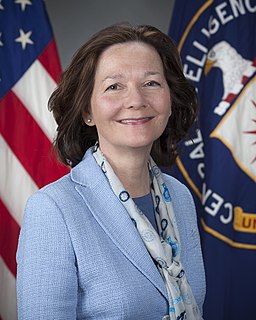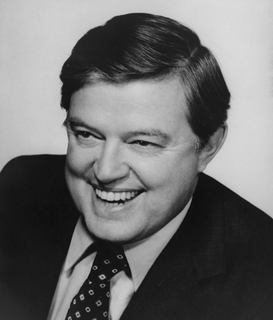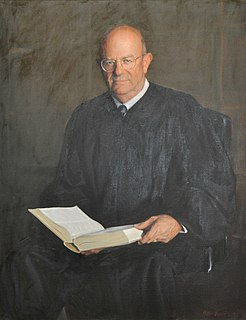A Quote by Michael Hayden
There is no part of the executive branch that more exists on the outer edge of executive prerogative than the American intelligence community - the intelligence community, CIA, covert action. My literal responsibility as director of CIA with regard to covert action was to inform the Congress - not to seek their approval, to inform.
Related Quotes
The chairs [in Congress] are part of the "Gang of Eight." They get briefed on every covert-action program and everything like that. They know where all the bodies are buried. At the same time, they get far more campaign donations than anybody else from defense contractors, from intelligence corporations, from private military companies.
Everything the CIA does is deniable. It's part of its Congressional mandate. Congress doesn't want to be held accountable for the criminal things the CIA does. The only time something the CIA does become public knowledge - other than the rare accident or whistleblower - is when Congress or the President think it's helpful for psychological warfare reasons to let the American people know the CIA is doing it.
What's less well known is that the CIA's executive management staff is far more concerned with selecting the right candidates to serve as CIA officers than it is about selecting agents overseas. The CIA dedicates a huge portion of its budget figuring how to select, control, and manage its own work force. It begins with instilling blind obedience. Most CIA officers consider themselves to be soldiers. The CIA is set up as a military organization with a sacred chain of command that cannot be violated. Somebody tells you what to do, and you salute and do it. Or you're out.
Because of the terrorist threat, the FBI and CIA have become as important as the military in preserving our freedom. Yet while thanking our military is standard practice in American life, no one thinks of thanking the FBI, the CIA, or the rest of the intelligence community for keeping us safe since 9/11.
In recent years, Republicans have argued that Congress is a more responsible policymaker than the executive branch. But when it comes to regulation, Congress is often much worse, and for just one reason: Executive agencies almost always focus on both costs and benefits, and Congress usually doesn't.
In examining the CIA's past and present use of the U.S. media, the Committee finds two reasons for concern. The first is the potential, inherent in covert media operations, for manipulating or incidentally misleading the American public. The second is the damage to the credibility and independence of a free press which may be caused by covert relationships with the U.S. journalists and media organizations.
People assume that the executive branch has more power than it actually has. Only the legislative branch can create the laws; the executive branch cannot create the laws. So, if the executive branch tries to create a branch one side or the other... you go back to the founders of the nation. They set up a system that ensures that it doesn't happen.
Obama found a lot of people that think just like he does, and he put them in the intelligence community. Can you imagine? When you think of the intelligence community, don't you think of super patriots, don't you think of people out there even risking their lives to defend and protect the Constitution and the people of this country and this country itself as founded? No. That's not the kind of people Obama put at the CIA.
The intelligence community's 2002 National Intelligence Estimate (NIE) stated, in a formal presentation to President Bush and to Congress, its view that Saddam had weapons of mass destruction - a belief in which the NIE said it held a 90% level of confidence. That is about as certain as the intelligence community gets on any subject.

